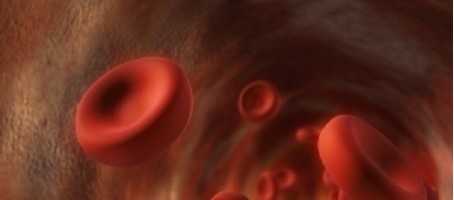Patients with type 1 diabetes who experienced severe hypoglycemia have had their blood sugar defence mechanisms restored after receiving pancreatic islet cell transplantation.
Severe hypoglycemia
Severe hypoglycemia occurs when the body’s defence mechanisms against low blood sugar are broken down. This can be a life-threatening of complication of insulin treatment for people with type 1 diabetes.
In a study led by researchers at the Perelman School of Medicine at the University of Pennsylvania, 12 patients with frequent severe hypoglycemia and hypoglycemia unawareness underwent either one or two infusions of pancreatic islets.
This small cluster of islet cells contained insulin-producing cells designed to improve the body’s processing of sugar.
All subjects had roughly 30 years of history with diabetes prior to the infusio, with their ability to recognise hypoglycemia before and after the study (six to seven months) compared to the results of a control group.
Study findings
Following the study, patients suffering with hypo unawareness became able to identify internal signs of low blood sugar and increase their blood sugar automatically within six months of islet cell transplantation.
Following the islet cell transplantatio, hypoglycemia was nearly abolished in the subjects, with researchers optimistic their results can be expanded for further use.
“The results of this study suggest that islet cell transplantation may be an effective treatment for patients with type 1 diabetes who are experiencing significant hypoglycemic events because their body isn’t able to recognize their low blood sugar levels,” said Michael R. Rickels, MD, MS, associate professor of Medicine and medical director of the Pancreatic Islet Cell Transplant Program at Penn Medicine.
“Currently, islet cell transplantation is considered investigational for type 1 diabetes patients, but this study shows that it has the potential to dramatically improve a patient’s ability to defend against and recognise symptoms of hypoglycemia and eliminate severe hypoglycemic episodes.”
What's new on the forum? ⭐️
Get our free newsletters
Stay up to date with the latest news, research and breakthroughs.





